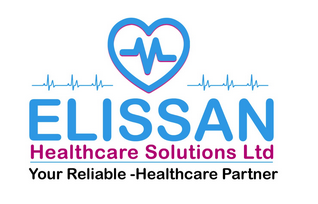CRITICAL LIFE SUPPORT SOLUTIONS
CRITICAL LIFE SUPPORT SOLUTIONS
Critical Life Support Solutions refers to products, technologies, or systems that provide essential support for sustaining life in critical situations. These are typically used in healthcare, emergency response, and specialized environments. Below are examples and categories:
Main Area
- Healthcare Solutions
- Emergency and Disaster Response
- Environmental Life Support
- Neonatal and Pediatric Support
- Home and Long-Term Care
- Ventilators: Machines to assist or fully manage a patient’s breathing.
- Defibrillators: Devices to restore a normal heartbeat via electrical pulses.
- ECMO (Extracorporeal Membrane Oxygenation): Provides cardiac and respiratory support by oxygenating blood outside the body.
- Dialysis Machines: Support kidney function in critically ill patients.
- Infusion Pumps: Deliver fluids, medication, or nutrients directly into a patient’s bloodstream.
- Portable Oxygen Systems: For immediate respiratory support in emergencies.
- Trauma Kits: Includes tools for bleeding control, airway management, and more.
- Automated External Defibrillators (AEDs): Life-saving devices for cardiac emergencies.
- Field Hospitals: Mobile units for critical care in disaster zones.
- Life-Support Systems for Space: Technologies used in spacecraft or space stations to regulate oxygen, carbon dioxide, and temperature.
- Diving Life Support: Equipment like SCUBA gear and decompression systems.
- Mine Rescue Equipment: Respiratory devices and shelters for trapped miners.
- Incubators: Provide a controlled environment for premature or ill newborns.
- Neonatal Ventilators: Specialized ventilators for infants with respiratory distress.
- Phototherapy Devices: For treating neonatal jaundice.
- Home Ventilators: For patients with chronic respiratory conditions.
- CPAP/BiPAP Machines: Manage sleep apnea and other respiratory issues.
- Portable Suction Units: Clear airways in emergency situations.

